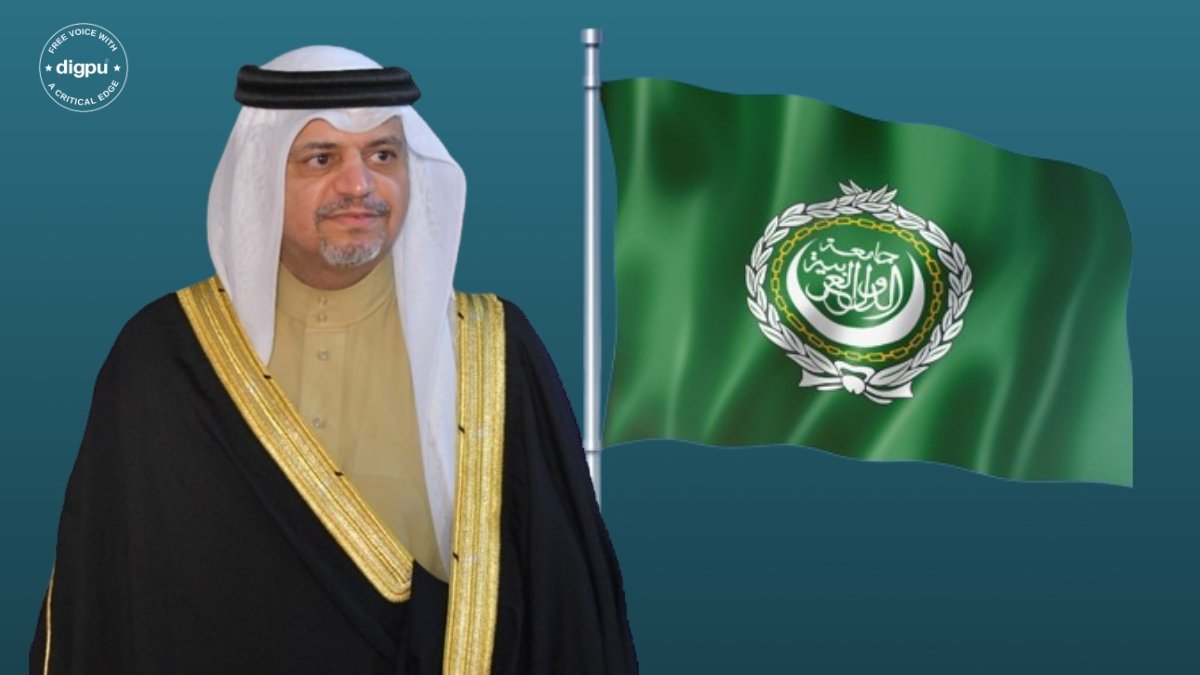Although the call for Arab unity was proposed for several centuries, the idea of establishing an Arab organization that brings together the Arab countries did not crystallize until the Second World War due to number of regional and international factors.
A preparatory committee made up of representatives from Syria, Lebanon, Jordan, Iraq, Egypt and Yemen (in the capacity of observers) met in 1944 between 25 September and 7 October, it preferred calling for the unity of the independent Arab states without affecting their independence and sovereignty. The committee also decided to name the association that embodies this unity as “the League of Arab States”.
As a result of discussions and deliberations, The Arab League, established on March 22, 1945, and later it emerged as a pivotal force in the region, fostering cooperation, solidarity, and progress among its member states.
The aims of the league are to strengthen and coordinate the political, cultural, economic, and social programs of its members and to mediate disputes among them or between them and third parties. Over the decades, it has evolved into a multifaceted organization, addressing diverse challenges confronting the Arab world and serving as a platform for dialogue and consensus-building.
Throughout its history, the Arab League has played a crucial role in advancing regional stability, resolving conflicts, and promoting peace initiatives. From addressing intra-regional disputes to advocating for Palestinian rights, the League has been instrumental in shaping the geopolitical landscape of the Middle East and North Africa.
In commemorating its foundation anniversary, it is also essential to acknowledge the Arab League’s engagement with the international community and its bilateral relations with countries beyond the Arab world. One such significant relationship is with India, a country with historical ties to the Arab region and a key partner in various spheres. India’s relationship with the Arab League and its member states is characterized by mutual respect, cooperation, and shared interests. Over the years, both sides have worked closely on issues of mutual concern, ranging from trade and investment to energy, security, education and cultural relations.
Economic cooperation forms a cornerstone of the bilateral relationship between India and the Arab League. With the Arab region being a vital source of energy and a significant market for Indian goods and services, both sides have sought to enhance economic ties through trade agreements, investment partnerships, and joint ventures.
Furthermore, India’s support for the Palestinian cause aligns with the Arab League’s longstanding commitment to achieving a just and lasting solution to the Israeli-Palestinian conflict. India’s support for the rights of the Palestinian people underscores the shared values of justice, solidarity, and respect for international law.
In conclusion, Arab League remains steadfast in its mission to promote common interests and uphold regional and international stability. Through collaboration, dialogue, and proactive engagement, Arab League strives to address challenges, build bridges, and cultivate a climate of mutual respect and cooperation among Arab States.
Message from – H.E. Mr. Yusuf Mohamed Abdulla Jameel ( Head of the Mission) League of Arab States Mission


